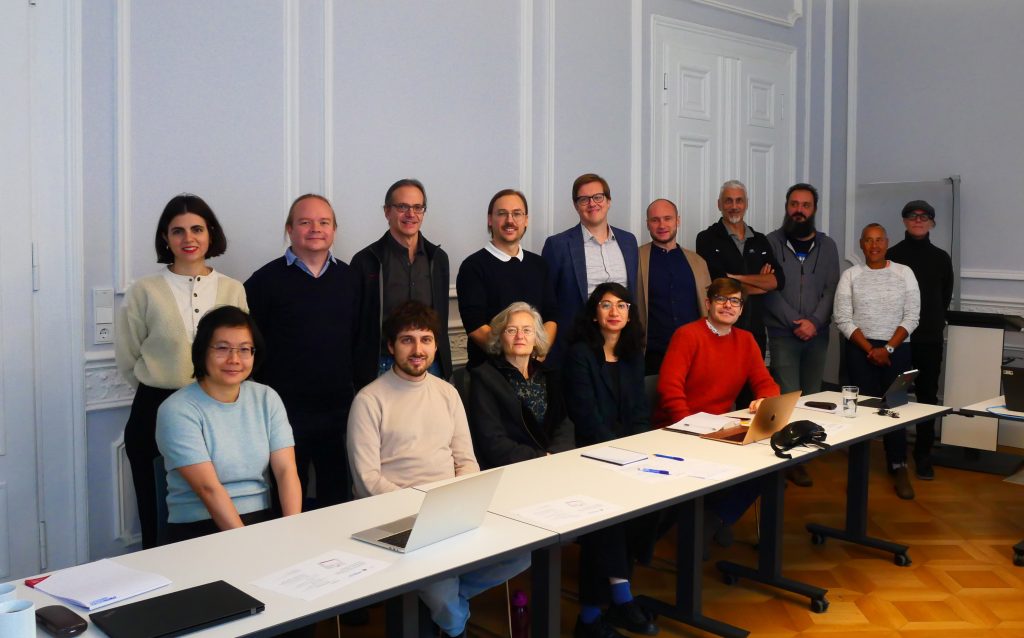A group of fourteen scientists, most of whom work or have worked at the KHK c:o/re, have published an article entitled “Software is ubiquitous yet overlooked” in Nature Computational Science about the lack of attention paid to software.
Software is ubiquitous in science, and yet it is overlooked everywhere. At a time when the scientific world (and beyond) is talking about code, algorithms or artificial intelligence, software appears in the discourse as just another semantic quibble. But many facets of software, such as questions about user licenses or file formats, are not part of the definition of code or algorithm.
Interdisciplinarity as the key to understanding
In their paper, the authors argue for bringing together perspectives on software from different academic (e.g. computational sciences, humanities and social sciences) and professional (e.g. development, use, maintenance, etc.) fields to uncover the tensions between the different meanings of software. Case studies in different scientific fields, including older software developments, will help to improve the understanding of software.
A simple example: Excel autocorrection
An example from bioinformatics: In the supplementary materials of bioinformatics publications, the preferred format for long gene lists surprisingly is the Microsoft .xls format. However, Excel automatically converts the designation MARCH1 for the gene “Membrane Associated Ring-CH-type finger 1” into a date. This distorts the listed data. A publication from 2021 reminds us that the problem was recognized (and published) as early as 2004, but never disappeared. A fifth of publications dealing with gene lists contain these errors.
Researchers could use tabulated plain text (.csv files), but they don’t because they are used to spreadsheets. However, these are not designed for this type of processing of large amounts of data. Another reason is that many scientific practices employ the widespread use of the Microsoft software suite. It took twenty years for the researchers to finally rename the genes in question. Only recently has Microsoft Excel, a thirty-year-old software package, been able to de-automate the conversion of a character string into a date.
Research on practices and transformations in science and technology
The authors of the article look at the topic of software in scientific research from the perspectives of computational science, history, philosophy of science, semiotics, science and technology studies (STS) and media studies. They work at various universities around the world. Most of them were fellows at the KHK c:o/re, where the idea for the joint publication was born during the workshop “Engineering Practices Workshop: New Horizons in the Social Study of Science and Software“.




